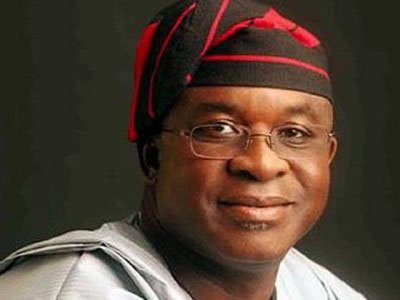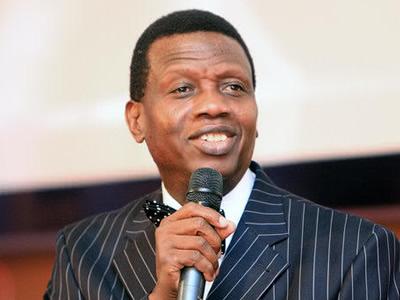The Senate on Tuesday passed a N4.493 trillion budget for the 2015 fiscal year, five months after it was presented to the National Assembly.
Significantly, the approved budget which is N51 billion higher than the N4.425 trillion submitted to both chambers of the National Assembly by the federal government has no provision for fuel subsidy.
This may mean an end to the controversial subsidy on petrol.
Past administrations going back to Obasanjo have struggled to put an end to fuel subsidy, as various attempts were resisted by labour unions in the country.
Analysts believe that now that fuel prices are low and as such the removal of such subsidies might not have any immediate impact on the people is the best time to scrap th subsidy, which economic experts believe is a major disincentive to growth of the oil sector of the economy.
Speaking to journalists at the national assembly complex on Tuesday, Ahmed Maccido, chairman senate committee on appropriation and finance, said it was left for President Jonathan to sign the budget into law and start implementing until May 29. “If the president can assent to the budget he can start implementing until May 29,” he said.
He said that the government did not make provision for subsidy in the budget.
The Senate slightly reduced the N2,607,601,000,300 proposed by the executive to N2,607,132,491,708 for recurrent spending and simultaneously scaled down capital expenditure from N642,848,999,699 to N556,995,465,449.
The Senate adopted $53 per barrel oil benchmark, an exchange rate of N190.00 to $1, crude oil production of 2.2782 million per barrel per day, and a deficit as a percentage of GDP of 1.12 per cent or N1.075 trillion.
The Senate also approved the sum of N953.6 billion for debt service, N375.6 billion as statutory transfers and N21 billion for the Subsidy Reinvestment and Empowerment Programme (SURE-P).
Education took the lion share of the budget with N392.3 billion followed by N338.7 billion for the military and N303.8 billion budgeted for police commands and formations.
In the same vein, N237 billion was voted for the health sector, N153 billion for the Ministry of Interior, while the Ministry of Works was given a meagre N25.1 billion.
A breakdown shows that the presidential amnesty programme will gulp N63.2 billion, while N23.6 billion will go to 30, 000 Niger Delta ex–militants, N5.5 billion to operational cost, and N34.1 billion to reintegration of transformed ex-militants.
N375 billion was provided for statutory transfers, N953 billion for debt service, N2.607 trillion for recurrent (non-debt) expenditure, and N556 billion (inclusive of N144 billion capital expenditure in statutory transfers) for “contribution to the development fund for capital expenditure for the year ending on December 31, 2015″.
Last week, the federal house of representatives passed the 2015 budget with a similar breakdown.
In the recurrent expenditure, the presidency will receive N20 billion, office of the secretary to the government of federation will receive N48 billion, while defence (ministry of defence, army, air force, navy) will receive N338 billion. Also in the recurrent budget, ministries of foreign affairs, finance, health and education will receive, N41 billion, N12 billion, N237 billion and N392 billion, respectively.
Ministries, Departments, and Agencies (MDA) National Population Commission, Federal Civil service Commission, Federal Character Commission and Police Service Commission will receive N5 billion, N1 billion, N2 billion and N740 million, respectively. Regarding capital expenditure, the presidency will receive N4 billion, office of the secretary to the government will receive N9 billion, while defence (ministry of defence/army/air force, navy) will receive N36 billion.
The budget also shows that the Federal Capital Territory Administration (FCTA) will receive N13 billion, while entitlements of former presidents, heads of state, vice presidents and chiefs of general staff will gulp N2.3 billion.














